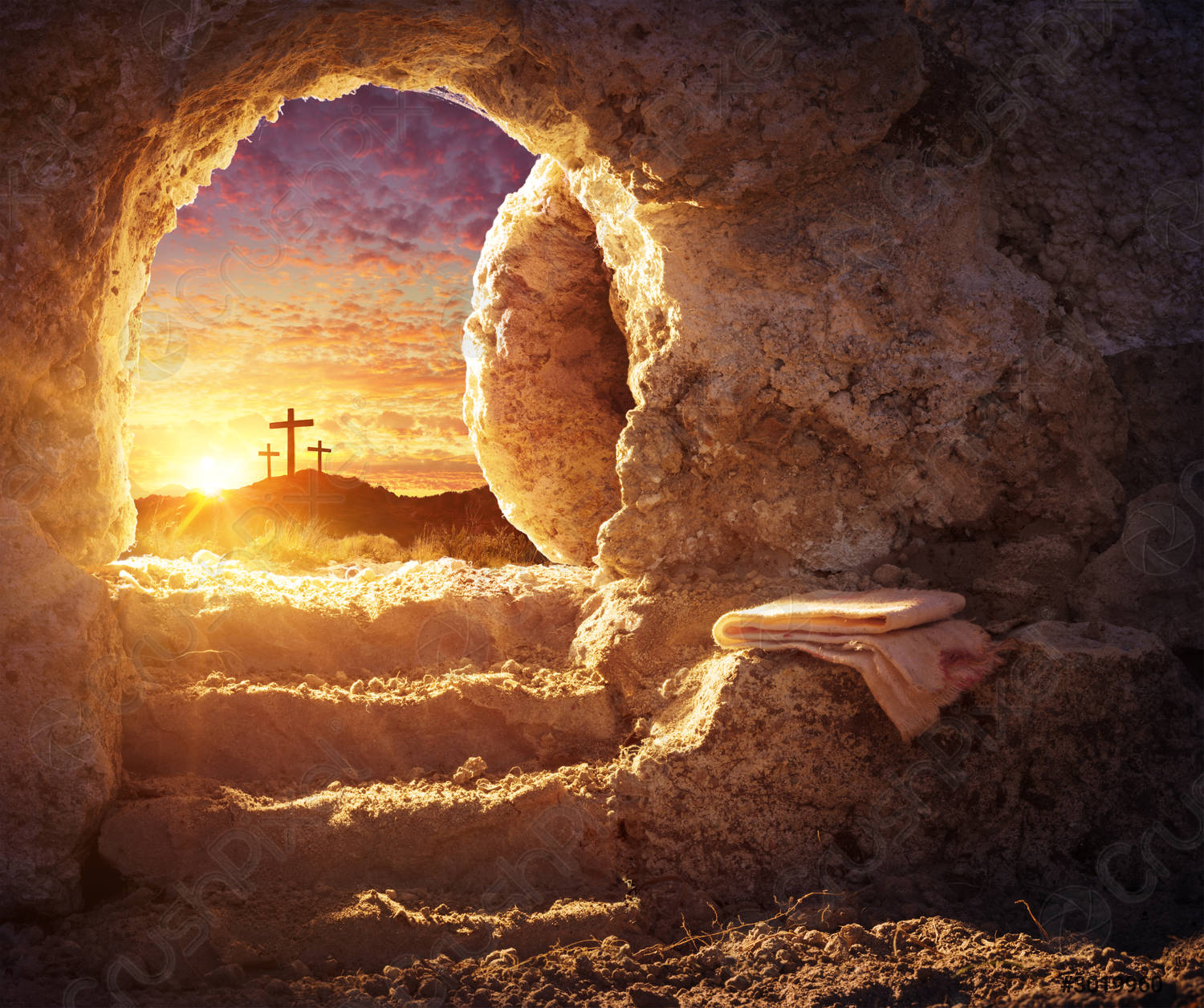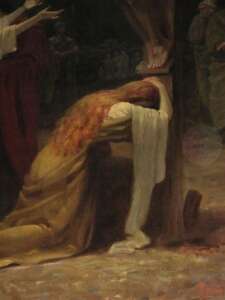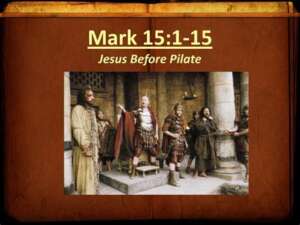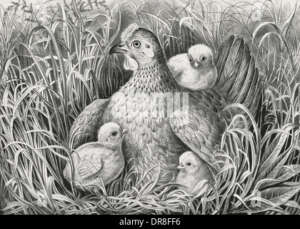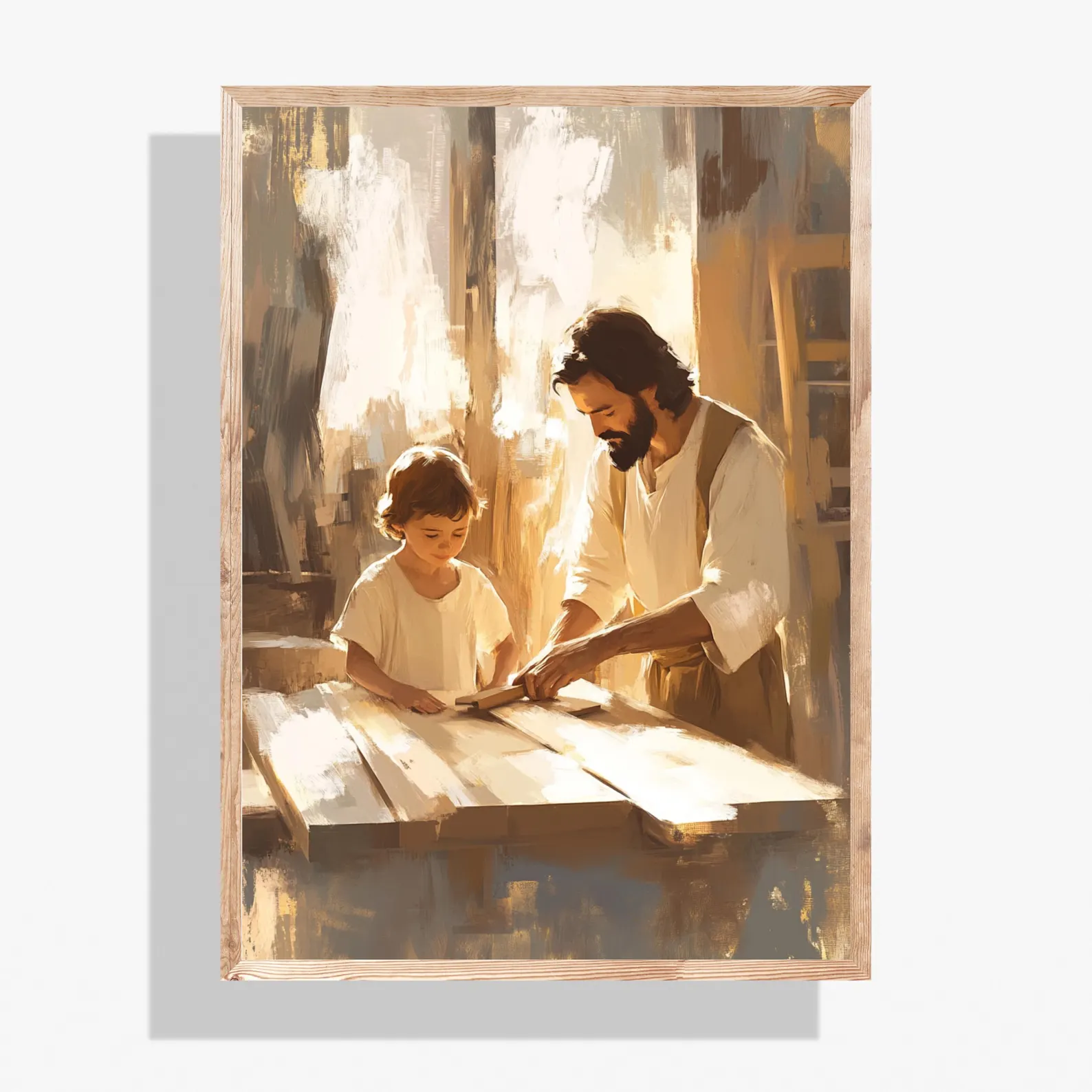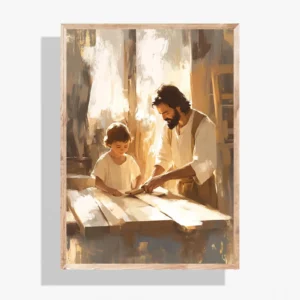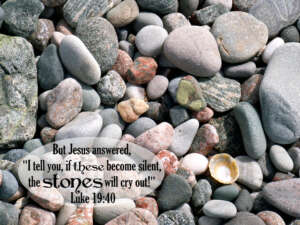The black night crushed down on me, a weight greater than any I’d ever borne. My soul felt devoid of all light.
Widow. I was a widow. A few hours ago, my beloved husband Ron died, leaving a hole in my heart I feared would never be filled. The tears streamed down my face. I reached across my bed for Ron’s pillow, needing the comfort of his familiar scent as I waited for the first pink threads of morning.
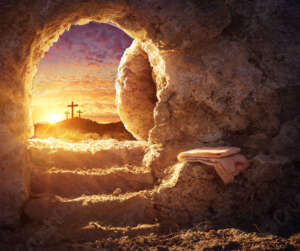
As I sat in the darkness, I realized I wasn’t the first to grieve a loss that shattered the world. The disciples, too, knew the weight of silence and sorrow. That silent Saturday must have stretched endlessly for them. The Man they had believed in, hoped in, and planned their futures around had died. Those few who had stayed on the hill of Golgotha had seen His battered body lowered to the ground, limp and lifeless. They had believed in Jesus’ earthly kingdom. They did not yet understand that Jesus of Nazareth had come not to lift their physical burdens but the heavier weight of sin on their souls.
Now what? I asked God the night Ron died. Now what?
The disciples surely asked each other the same thing.
“It is finished,” He had said. Did His followers understand the magnitude of what He had uttered?
The Greek word translated as “It is finished” is tetelestai, a term used in the ancient world to indicate that a debt had been paid in full. Jesus wasn’t just announcing His death—He was declaring our redemption. He spoke not of defeat, but of fulfillment. Not of loss, but of love.

Paid in full.
It was a dark night.
But morning came. I got up and wiped my tears, moving into my first day as a widow.
The women approached the tomb, ready to offer one final act of love for their Lord.
And everything changed.
Mary Magdalene went to the disciples with the news: “I have seen the Lord!” And she told them that he had said these things to her (John 20:18).

Oh, what joy there must have been at the news! Immediately, Peter and John ran to the tomb and found it just as Mary had said: empty.
The resurrection isn’t just about Christ; it is also about us. We are invited to live each day in the transforming power of God—new life, new hope, and new purpose.
Making us Resurrection People.
John Wesley spoke of the resurrection not only as a hope for the future, but as a call to transformation in the present. He said, “By the resurrection of Christ, God hath given us a proof of his power to raise our souls from the death of sin, to walk in the newness of life.”
As Resurrection People, we are continually being shaped, reshaped, and made more like Christ through the Holy Spirit.
It means we let go of bitterness and embrace forgiveness.
It means we choose compassion over convenience.
It means we live with joy, even in hard times, because we know the story did not end at the cross; it burst forth from the empty tomb.
Our own tombs are also empty. My husband’s earthly body might lie in a grave at Lawncroft Cemetery, where the carillon bells he so loved ring hymns into the air, but his soul has been transformed. No longer in pain from the many years of physical and mental illness, he now rejoices at the feet of his Lord and Savior.
As we enter the season of Eastertide—the 50 days leading us to Pentecost and the indwelling of the Holy Spirit—we’re given space to practice resurrection. To discover what new life in Christ means on a personal level. To move forward in a life shaped by the hope of the risen Lord.
As Resurrection People, we are not perfect but transformed.
Not finished but made new.
So this Eastertide, let’s not just celebrate the resurrection.
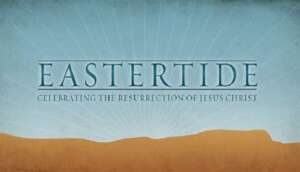
Let’s live it.
A NOTE FROM THE AUTHOR: Do you have a story to share about your own walk with Jesus? I’d be happy to help you write it for the church blog! You can follow me for more stories about faith, hope, and widowhood at lindaca1.substack.com .
